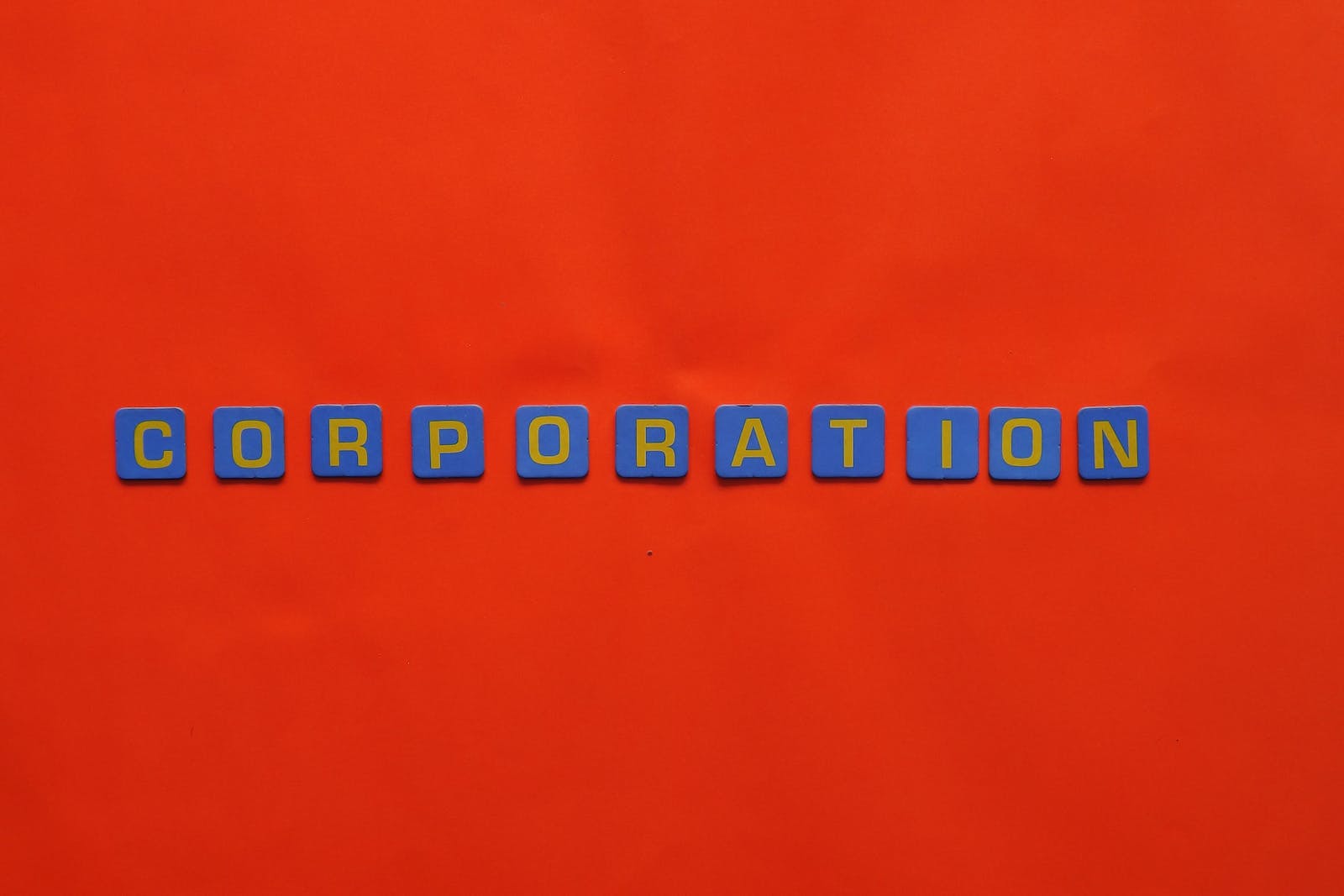The Pros and Cons of Leasing: Is It the Right Choice for You?
Exploring the Benefits and Drawbacks of Leasing
Leasing is a popular choice for individuals and businesses when it comes to acquiring assets such as cars, equipment, or property. It offers an alternative to traditional ownership, providing various advantages and disadvantages that should be carefully considered. In this article, we'll delve into the pros and cons of leasing, from flexibility and cost-effectiveness to potential drawbacks such as restrictions and long-term expenses. Whether you're contemplating leasing a vehicle or considering it for your business needs, understanding the key aspects of leasing can help you make an informed decision.
Leasing involves a contractual arrangement where the lessee (the user) pays the lessor (the owner) for the use of an asset over a specified period. The lessee doesn't own the asset but has the right to use it in exchange for regular payments. This arrangement has its advantages and disadvantages, and it's essential to weigh these aspects before committing to a lease agreement.
Pros
Leasing comes with several benefits that make it an appealing option for individuals and businesses alike. From financial advantages to flexibility, exploring the pros of leasing can shed light on its suitability for different needs and situations.
Financial Flexibility
Leasing offers the opportunity to acquire assets without a substantial initial outlay. Instead of a large upfront payment as required in an outright purchase, leasing typically involves lower initial costs, making it an attractive option for those with limited capital or those looking to preserve cash flow.
Up-to-Date Technology and Assets
In industries where technology and equipment rapidly evolve, leasing allows businesses to regularly update their assets without being tied to outdated or obsolete equipment. This can provide a competitive edge and ensure access to the latest innovations without the burden of ownership or resale concerns.
Predictable Expenses
Lease agreements often come with fixed monthly payments, making it easier to budget and manage cash flow. Unlike ownership, where unexpected maintenance or depreciation costs may arise, leasing can offer predictability and stability in financial planning.
Tax Benefits
Businesses may benefit from tax deductions related to lease payments, depending on the type of lease and local regulations. This can contribute to cost savings and improve the overall financial position of the business.
Minimal Resale Concerns
Since the lessee isn't responsible for selling the asset at the end of the lease term, they are not exposed to market fluctuations, depreciation, or the challenges of finding a buyer. This can simplify the end-of-lease process and reduce potential financial risks.
Improved Cash Flow
Leasing can free up capital that would have been tied up in purchasing assets, allowing businesses to use that cash for other investments or operations. This improved cash flow can provide greater financial stability and flexibility for the organization.
Maintenance and Upkeep Coverage
In many lease agreements, the lessor (leasing company) is responsible for the maintenance and upkeep of the leased assets. This can save the lessee from dealing with unexpected repair costs and can help in budgeting for ongoing expenses more accurately.
Missing a pro?
Let us know which pro you are missing!
Cons
While leasing offers various advantages, it also comes with certain drawbacks that warrant careful consideration. Understanding the potential downsides of leasing is crucial in making well-informed decisions and avoiding unexpected challenges.
Usage Restrictions and Penalties
Lease agreements often come with restrictions on usage, such as mileage limits for leased vehicles or guidelines for equipment use. Violating these terms may result in penalties or additional fees, limiting the flexibility of the lessee.
Long-Term Costs
While monthly lease payments may seem manageable, the long-term costs of leasing can outweigh those of ownership, especially if the leased asset is used for an extended period. Multiple lease renewals or extensions can lead to higher overall expenses.
Less Control Over Assets
Since the lessor retains ownership of the leased asset, the lessee has limited control over its customization or modifications. This can be a drawback for businesses requiring specialized equipment or personalized assets tailored to their specific needs.
Potential Obligations at End of Lease
Depending on the lease terms, the lessee may have obligations at the end of the lease, such as returning the asset in a specified condition or paying for any damages beyond normal wear and tear. These obligations can lead to unexpected costs and complexities.
Limited Customization Options
When leasing assets, there may be restrictions on customizing or modifying the leased items to fit specific business needs. This can limit the ability to tailor the assets to suit unique requirements, potentially impacting operational efficiency.
Dependence on Lessor's Financial Health
The financial stability of the lessor is a critical factor in lease agreements. If the lessor encounters financial difficulties or goes out of business, it could lead to disruptions in the lessee's operations, such as the potential loss of leased assets or the need to quickly find alternative arrangements.
No Ownership or Equity Build-Up
One of the significant drawbacks of leasing is that the lessee does not have ownership of the asset. This means that they do not benefit from equity build-up or have an appreciating asset at the end of the lease term, unlike in the case of ownership.
Missing a con?
Let us know which con you are missing!
Conclusion
In conclusion, leasing offers notable advantages such as financial flexibility, predictable expenses, and access to up-to-date assets, making it an attractive option for many individuals and businesses. However, the lack of ownership, usage restrictions, and potential long-term costs are essential considerations that may influence the suitability of leasing for specific needs and circumstances. By carefully evaluating the pros and cons of leasing, individuals and businesses can make informed decisions aligned with their financial goals and operational requirements.
What do you think?
Do you think the pros outweigh the cons?









